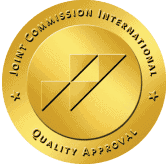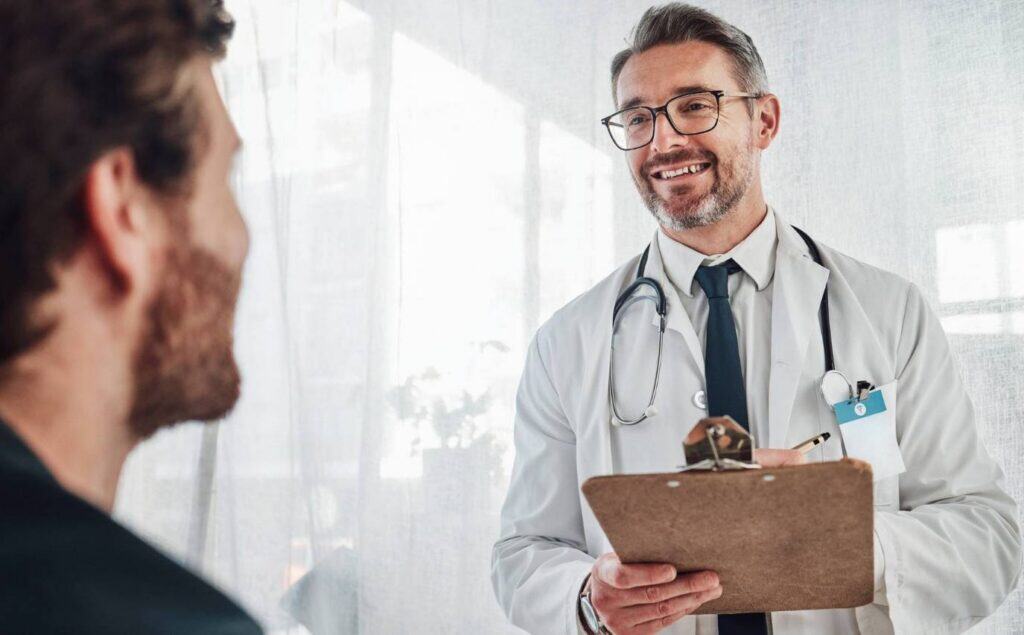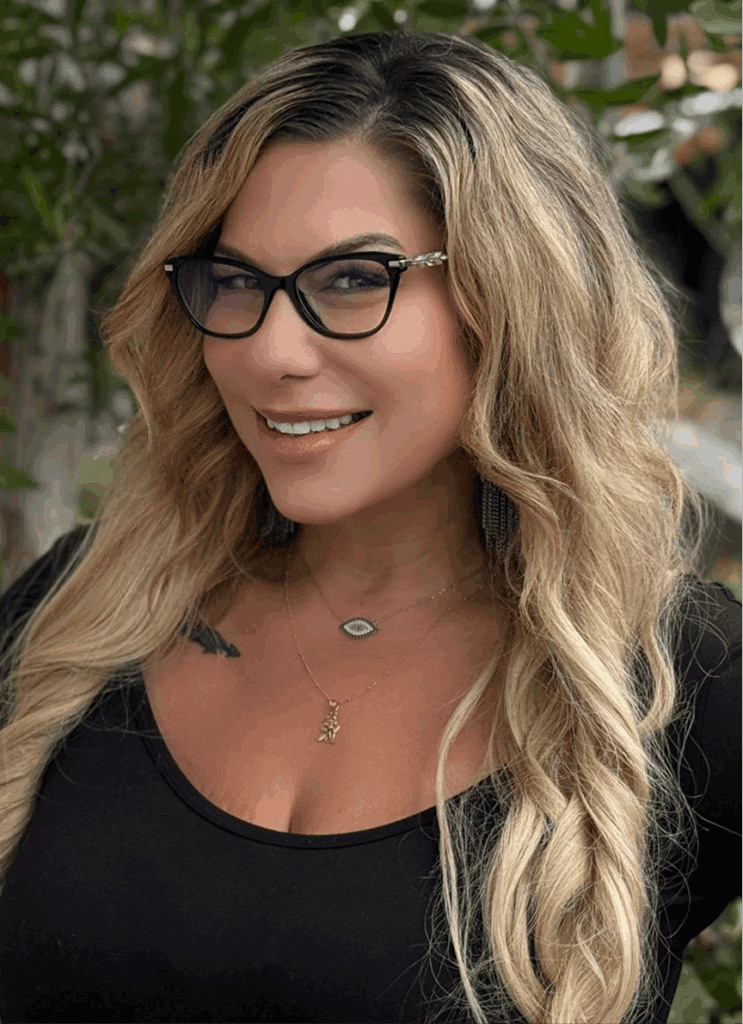You deserve compassionate, evidence-based treatment that addresses both the physical and psychological aspects of prescription drug dependency. Professional treatment centers understand that prescription drug addiction is a medical condition, not a moral failing, and recovery is possible with the right support and care.
Take the first step toward freedom from prescription drug addiction. Call (833) 530-0291 today.
What are the warning signs of prescription drug addiction?
You may be wondering if your relationship with prescription medications has crossed the line from medical necessity to dependency. Prescription drug addiction often develops gradually, making it difficult to recognize when therapeutic use becomes problematic misuse.
Behavioral warning signs you might notice:
- Taking medications more frequently or in higher doses than prescribed
- Seeking prescriptions from multiple doctors (“doctor shopping”)
- Feeling anxious or panicked when your medication supply runs low
- Lying to healthcare providers about pain levels or symptoms
- Using someone else’s prescription medications
- Crushing, snorting, or injecting pills meant to be swallowed
- Neglecting responsibilities at work, school, or home
- Isolating from family and friends
- Continuing to use despite negative consequences
- Spending excessive time obtaining, using, or recovering from medications
Physical symptoms that may indicate prescription drug dependency:
- Changes in sleep patterns (insomnia or excessive sleeping)
- Unexplained weight loss or gain
- Bloodshot or glassy eyes
- Slurred speech or impaired coordination
- Tremors or shaking hands
- Frequent nausea or vomiting
- Constipation or digestive issues
- Mood swings and irritability
- Memory problems or confusion
- Neglecting personal hygiene
If you recognize these signs in yourself or a loved one, professional treatment can help break the cycle of prescription drug addiction safely and effectively.
When does prescription drug use become a medical emergency?
Prescription drug addiction can escalate to life-threatening situations that require immediate medical attention. You should seek emergency care if you or someone you know experiences any of these critical warning signs:
Immediate medical emergencies include:
- Difficulty breathing or shallow, slow breathing
- Blue lips, fingernails, or skin (cyanosis)
- Unconsciousness or inability to wake the person
- Severe chest pain or irregular heartbeat
- Seizures or convulsions
- Extreme confusion or delirium
- Suicidal thoughts or behaviors
- Severe withdrawal symptoms including tremors, sweating, or hallucinations
- Mixing prescription drugs with alcohol or other substances
- Taking significantly more medication than prescribed
Dangerous withdrawal symptoms that require medical supervision:
- Severe anxiety or panic attacks
- High blood pressure or rapid heart rate
- Profuse sweating and trembling
- Nausea and vomiting
- Insomnia lasting several days
- Muscle aches and cramping
- Depression or mood changes
- Difficulty concentrating
Professional treatment centers provide 24/7 medical monitoring during withdrawal to ensure your safety and comfort throughout the detoxification process.
How does professional prescription drug addiction treatment work?
You’ll receive comprehensive, individualized care designed to address both the physical dependency and underlying factors contributing to your prescription drug addiction. Treatment centers utilize evidence-based approaches that have helped thousands of individuals achieve lasting recovery.
The treatment process typically includes:
Initial Assessment and Medical Evaluation: When you arrive for treatment, medical professionals will conduct a thorough evaluation of your physical health, mental health status, and addiction history. This assessment helps determine the most appropriate level of care and treatment approach for your specific needs.
Medically Supervised Detoxification: You’ll receive 24/7 medical monitoring as your body safely eliminates prescription drugs. Healthcare providers may use medications to minimize withdrawal symptoms and ensure your comfort throughout this process.
Comprehensive Treatment Programs: Treatment centers offer multiple levels of care to meet you wherever you are in your recovery journey:
- Drug Rehab: Provides intensive, round-the-clock care in a structured residential environment where you can focus entirely on recovery
- Partial Hospitalization Program (PHP): Offers intensive daily treatment while allowing you to return home in the evenings
- Intensive Outpatient Program (IOP): Provides structured care with multiple weekly sessions that fit around work or family obligations
- Outpatient Program (OP): Delivers flexible treatment scheduling for ongoing support and relapse prevention
Evidence-Based Therapies: You’ll participate in individual counseling, group therapy, and specialized treatments designed to address the psychological aspects of addiction and develop healthy coping strategies.
What makes prescription drug addiction treatment effective?
Professional treatment centers combine medical expertise with compassionate care to address the complex nature of prescription drug dependency. Research consistently shows that comprehensive treatment programs achieve significantly higher success rates than attempting recovery alone.
Key components of effective treatment include:
Medical Expertise: Board-certified addiction medicine physicians and licensed healthcare professionals provide specialized care for prescription drug withdrawal and recovery. Medical supervision ensures your safety while evidence-based protocols maximize treatment effectiveness.
Individualized Treatment Planning: Your treatment plan is tailored to address your specific prescription drug dependency, co-occurring mental health conditions, and personal recovery goals. This personalized approach increases the likelihood of successful long-term recovery.
Medication-Assisted Treatment (MAT): When appropriate, FDA-approved medications can reduce cravings and withdrawal symptoms, particularly for opioid prescription drug addiction. These medications are used as part of a comprehensive treatment approach, not as standalone solutions.
Behavioral Therapy Integration: Cognitive-behavioral therapy, motivational interviewing, and other evidence-based therapies help you identify triggers, develop coping skills, and create sustainable recovery strategies.
Family Involvement: Treatment programs often include family therapy and education components, recognizing that addiction affects entire family systems and that family support enhances recovery outcomes.
Dual Diagnosis Treatment: Many individuals with prescription drug addiction also struggle with mental health conditions like depression, anxiety, or chronic pain. Integrated treatment addresses both conditions simultaneously for optimal results.
Understanding different types of prescription drug addiction
You may be struggling with dependency on various categories of prescription medications, each requiring specialized treatment approaches. Professional treatment centers have extensive experience treating all forms of prescription drug addiction.
Opioid Pain Medication Addiction:
- OxyContin, Percocet, Vicodin, Morphine, Fentanyl patches
- Often begins with legitimate pain management
- Requires specialized medical detox and MAT options
- High risk of overdose and life-threatening complications
Benzodiazepine and Sedative Addiction:
- Xanax, Valium, Ativan, Klonopin, Ambien
- Commonly prescribed for anxiety and sleep disorders
- Withdrawal can be dangerous and requires medical supervision
- Often involves gradual tapering under medical guidance
Stimulant Medication Addiction:
- Adderall, Ritalin, Concerta, Vyvanse
- Frequently misused for academic or work performance
- Can cause cardiovascular complications and mental health issues
- Treatment focuses on behavioral interventions and lifestyle changes
Combination Drug Dependencies: Many individuals develop dependencies on multiple prescription medications simultaneously, requiring comprehensive treatment approaches that address complex withdrawal patterns and drug interactions.
The most effective treatment approaches for prescription drug recovery
Treatment centers utilize evidence-based methodologies proven effective through decades of clinical research and real-world application. You’ll benefit from treatment approaches that have helped thousands of individuals achieve lasting recovery from prescription drug addiction.
Cognitive-Behavioral Therapy (CBT): This therapeutic approach helps you identify thought patterns and behaviors that contribute to prescription drug misuse. You’ll learn practical skills for managing cravings, avoiding triggers, and developing healthier coping mechanisms.
Motivational Interviewing: This collaborative approach helps you explore your own motivations for change and resolve ambivalence about recovery. The technique enhances your intrinsic motivation to overcome prescription drug addiction.
Contingency Management: This evidence-based approach provides tangible rewards for positive behaviors like attending therapy sessions, maintaining sobriety, and achieving treatment milestones.
Trauma-Informed Care: Many individuals with prescription drug addiction have histories of trauma that contribute to their substance use. Trauma-informed treatment addresses these underlying issues as part of comprehensive recovery.
Mindfulness and Stress Reduction: You’ll learn meditation, mindfulness practices, and stress management techniques that provide healthy alternatives to prescription drug use for managing anxiety, pain, and emotional distress.
Relapse Prevention Planning: Treatment includes developing detailed plans for maintaining sobriety after completing formal treatment, including identifying triggers, building support networks, and accessing ongoing care.
How long does prescription drug addiction treatment take?
Your treatment duration depends on several factors, including the type and severity of your prescription drug addiction, your overall health, and your personal recovery goals. Treatment centers offer flexible program lengths to meet your individual needs.
Typical treatment timelines:
Drug Rehab Programs: Usually range from 30 to 90 days, with longer stays often associated with better long-term outcomes. You’ll receive intensive, round-the-clock care in a structured environment.
Partial Hospitalization Program (PHP): Typically lasts 2-4 weeks, providing intensive daily treatment while allowing you to maintain some normal routines.
Intensive Outpatient Program (IOP): Generally runs 8-12 weeks, offering structured treatment that accommodates work and family responsibilities.
Outpatient Program (OP): Can continue for several months or longer, providing ongoing support and relapse prevention services.
Factors influencing treatment length:
- Type and dosage of prescription drugs used
- Duration of addiction
- Presence of co-occurring mental health conditions
- Previous treatment history
- Social support system strength
- Personal motivation and engagement in treatment
Research shows that individuals who remain in treatment for at least 90 days achieve significantly better long-term recovery outcomes. Treatment centers work with you to determine the optimal treatment duration for your specific situation.
Frequently asked questions about prescription drug addiction treatment
Most insurance plans are required to cover addiction treatment services under the Mental Health Parity and Addiction Equity Act. Treatment centers work with major insurance providers to maximize your benefits and minimize out-of-pocket costs. You can verify your coverage by calling your insurance company or speaking with treatment center admissions specialists who can help navigate the insurance process.
Yes, many treatment options are designed to accommodate work and family responsibilities. Intensive Outpatient Programs (IOP) and Outpatient Programs (OP) offer flexible scheduling that allows you to maintain employment while receiving comprehensive addiction treatment. Partial Hospitalization Programs (PHP) provide intensive care during daytime hours, and some employers offer medical leave for addiction treatment.
Treatment centers specialize in helping individuals who developed prescription drug addiction while managing legitimate medical conditions. You’ll work with medical professionals who understand pain management and can develop alternative treatment strategies. This may include non-addictive pain medications, physical therapy, psychological pain management techniques, and coordination with your primary care physician.
The appropriate level of care depends on factors like the severity of your addiction, your living environment, support system, and previous treatment history. Treatment centers conduct comprehensive assessments to recommend the most suitable program. Generally, Drug Rehab is recommended for severe addictions, unsafe home environments, or multiple failed outpatient attempts, while PHP, IOP, and OP work well for individuals with stable housing and strong support systems.
Contact Assure Recovery for prescription drug addiction treatment
You don’t have to face prescription drug addiction alone. Assure Recovery provides comprehensive, compassionate treatment for individuals struggling with prescription drug dependency.
Recovery from prescription drug addiction is possible, and you deserve the professional support and evidence-based treatment that can help you reclaim your life. Contact Assure Recovery today to speak with an admissions specialist who can answer your questions and help you begin your journey to lasting recovery.



